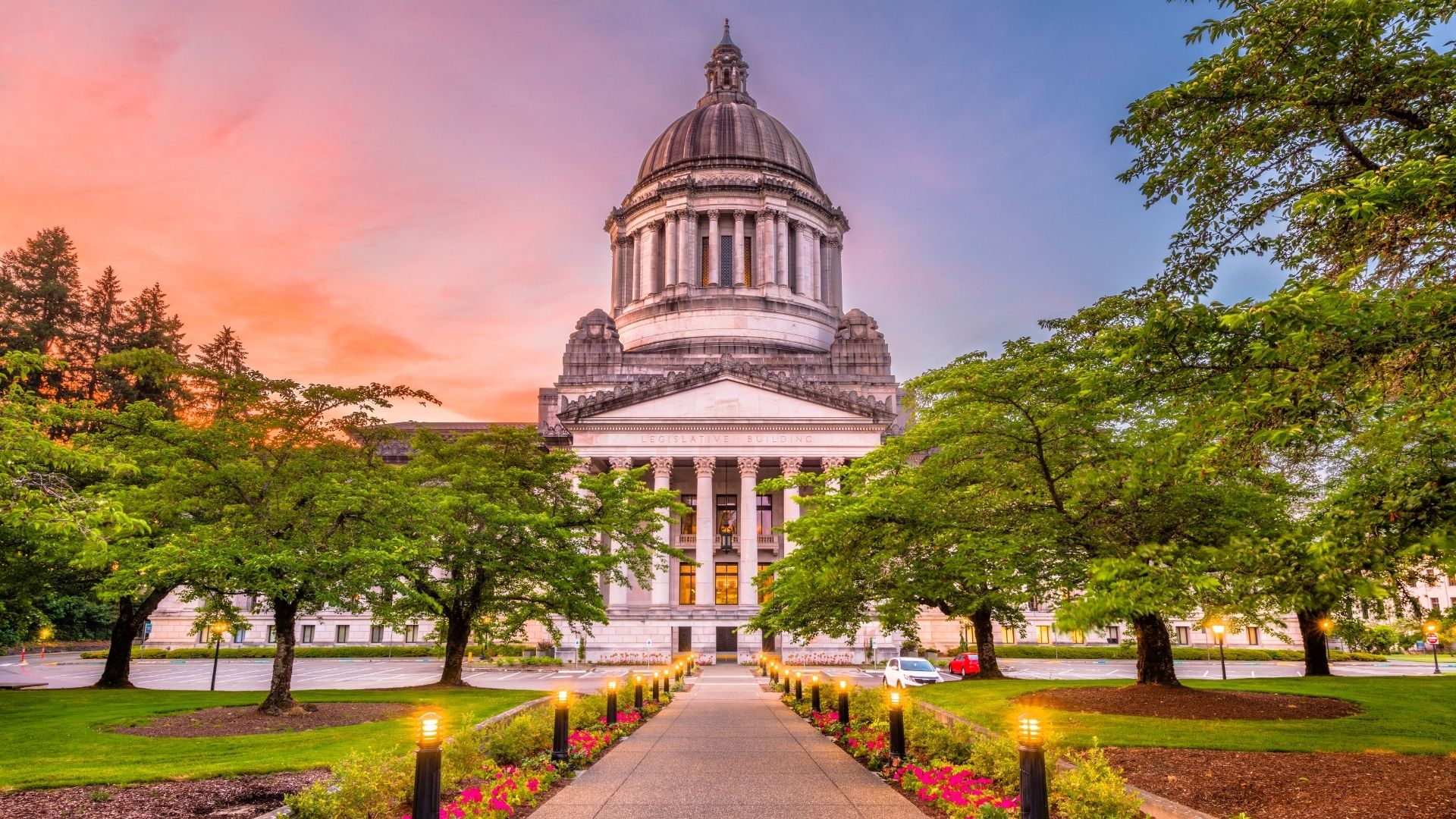
By: WRC
A potential recession is a major risk to the state revenue forecast, but Washington’s strong budget sustainability practices—including the budget stabilization account (BSA, or the rainy day fund)—will help the state through a downturn. However, in 2021, despite not facing a revenue shortfall, the Legislature swept the BSA. (Pursuant to the constitution, this required only a simple majority vote because employment growth was expected to be less than 1%.)
Of the BSA funds, $1 billion was transferred to the new Washington rescue plan transition account (WRPTA). Although the stated intent was for the WRPTA to serve as transition funding for programs as federal pandemic relief money ramps down, the state now considers the WRPTA to be a reserve account like the BSA. The credit rating agencies have also recognized the WRPTA as a reserve account. They point to Washington’s healthy reserves—including the WRPTA—as a credit strength for Washington.
WRPTA funds are estimated to make up 71.6% of total reserves in 2021–23 and 61.6% in 2023–25. Although reserves are expected to grow in 2023–25, they would still be well below 2019–21 reserve levels.
Nevertheless, Gov. Inslee has proposed transferring the WRPTA balance to the state general fund and using it to help pay for his 2023–25 spending proposals. Given the state’s low level of traditional reserves and the high economic uncertainty, legislators should not follow suit. Instead, they should continue to treat the WRPTA as a reserve account and avoid using it until such time as revenues actually fall short of expectations.
Read the report here.

